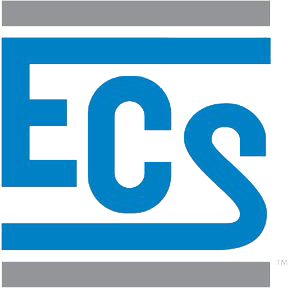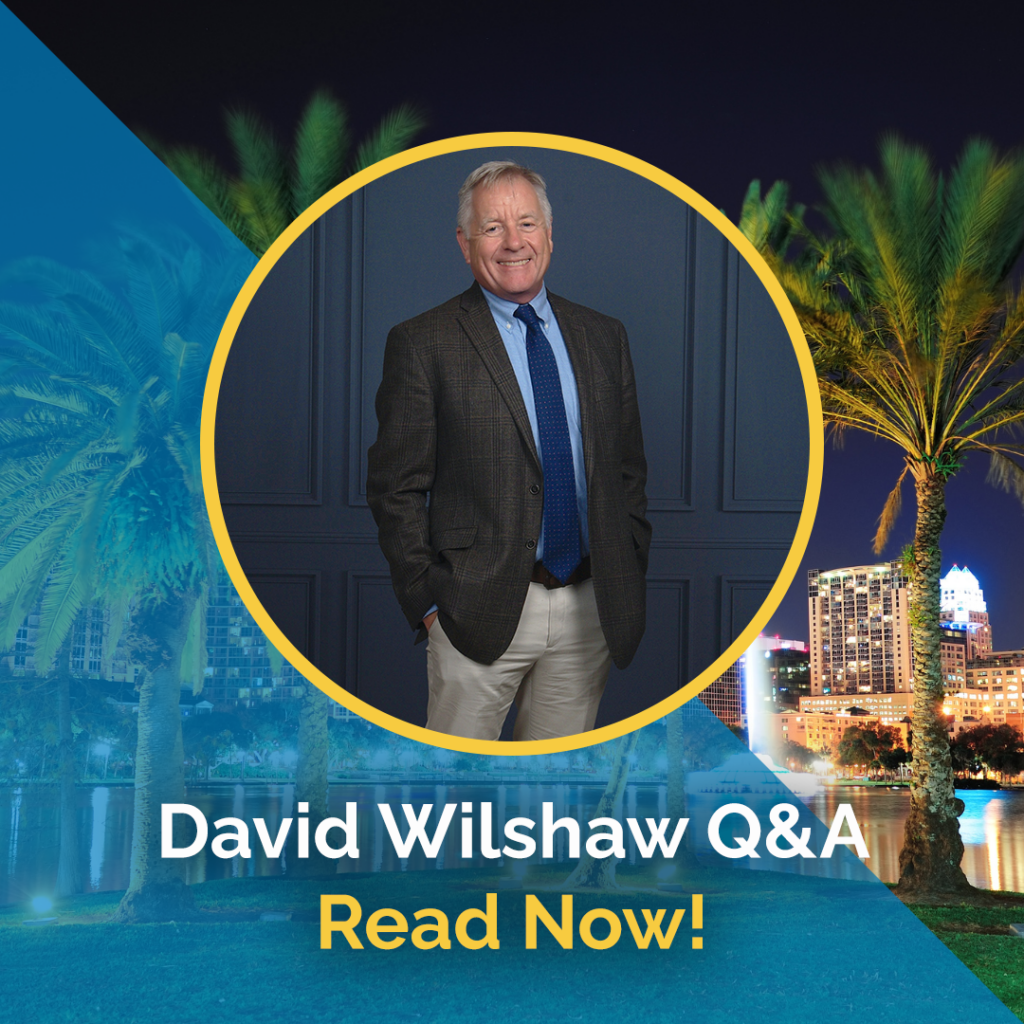Q: You have a background in both geology and geotechnical engineering, what led you to pursuing a career in both of those fields?
A: I am what is known as an Engineering Geologist, which is a person trained in geology that works within the civil engineering industry. I find that this role is essential as a bridge between the soil mechanics specialist, who sees soil as an engineering material, and the pure geologist, who can conceptualize the millions of years of erosion, transport, and deposition that goes into forming the soils and rocks that the geotechnical engineers deal with.
Q: What led you to move your life and career to the US?
A: My wife (who is also British) was a nurse in Boston, MA until shortly before we met. 20 years later she saw an RN position advertised in the British nursing press for a hospital in Orange County, CA.
Q: How does your international experience and view of best practices benefit ECS’ clients?
A: It’s often said that “the best geologist is the one who has seen the most rocks”! Working in the UK gave me exposure to just about every conceivable ground condition – almost uniquely, the UK has rocks representative of every geologic period from the pre-Cambrian to the Holocene, half of which was then glaciated in the Pleistocene. It is also a country that has been heavily industrialized. This very specific experience gave me a grounding, pun intended, in a very broad range of geotechnical and environmental problems and solutions.
Q: You’ve contributed to multiple documentaries, TV shows, etc., can you name a few for us?
- Science Channel: Sinkhole: Buried Alive (Seasons 1 & 2) in 2017 and 2018
- Science Channel: Engineering Catastrophes (2019)
- Discovery Channel: American Doomsday (in production)
- Contributor to CBS National News, ABC & Fox Local News
Q: How did you become an expert in sinkholes and ground subsidence?
A: The UK has a rich heritage of mining dating back to Roman times, so in the early part of my career, I spent a lot of time investigating subsidence from coal, ironstone, limestone, and metalliferous mining. There are also natural sinkholes in areas underlain by limestone, chalk and gypsum. So, I was able to leverage that experience upon my arrival in Florida. Over the last 12 years I have specialized in addressing insurance claims for sinkhole loss under the Florida sinkhole insurance statutes, which has led to me giving testimony at deposition in disputed sinkhole insurance cases over 160 times and testifying at jury trial over 40 times.
Q: What’s the project that has been the most impactful to your career trajectory?
A: Probably the case where I first gave testimony at trial, which helped result in a positive verdict, which was very unusual at the time. That one verdict propelled my reputation as a persuasive expert witness.
Q: What are some of the services ECS will now be able to offer that we weren’t able to before IDGS joined the ECS Family?
A: I was instrumental in bringing a geophysical technique from the UK to the US in 2019 called Advanced Continuous Surface Wave testing, which is a great tool for geotechnical engineers to use in foundation design and settlement analysis. I’m looking forward to sharing my knowledge and experience of engineering geology and engineering geophysics across the ECS business.

